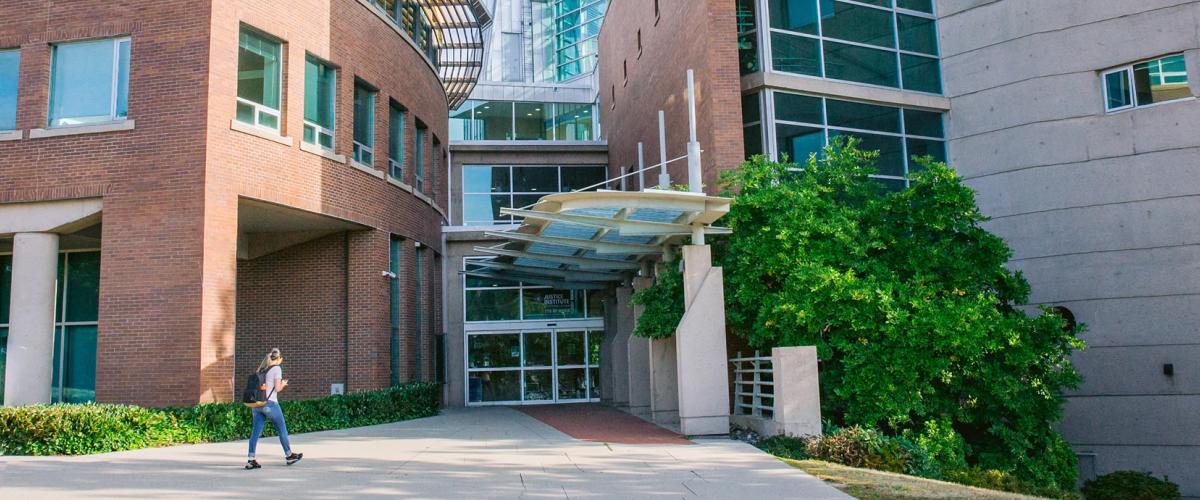Research in law enforcement and emergency management featured in virtual event
Undergraduate student research was featured at the Justice Institute of British Columbia’s (JIBC) Applied Research Day held virtually recently.
The event focused on research by students in the Bachelor of Law Enforcement Studies (BLES) and Bachelor of Emergency and Security Management Studies (BESMS) programs. As part of graduation requirements, students in these programs complete a capstone research project on an issue relevant to their area of study.
“Our annual student-focused Applied Research Day gives students the opportunity to showcase the great work they are doing and to highlight important issues that affect the communities these students will serve,” according to Dr. Ron Bowles, Dean of the Office of Applied Research & Graduate Studies. “Undergraduate research helps our students develop the critical skills and critical reasoning required in high-risk, high-consequence justice and public safety professions.”
BLES student Brahmroop Sandhu presented on the effects of body-worn cameras on the accountability of police officers. Fellow BLES student Alyx Romaniuk presented her research exploring factors that influence the perceived credibility of witness statements given by children. Romaniuk won the first place prize among BLES students for her research poster. The capstone poster awards are supported by The Justice Institute of British Columbia Foundation, and the Justice & Public Safety and Emergency Management divisions at JIBC.
Other projects which received capstone poster awards explored a wide variety of research topics including: the potential for virtual emergency operations centres; the factors influencing Indigenous health disparities; the best practices for the planning and use of field hospitals for future mass casualty events such as pandemics like COVID-19; contributing factors to the worsening of PTSD among police officers; and the use of digital volunteers to monitor social media during crisis events and how they could be integrated into emergency management plans.
Mu’minah (Mona) Zafar, a recent BESMS graduate, spoke on her research topic in which she explored terrorism perspectives through an epidemiological lens. Terrorism and disease, such as pandemics, have many similarities, such as their indiscriminate nature. Just as with a deadly virus, terrorism can be addressed through focusing on prevention, containment and treatment.
“You isolate the hotbed and treat it until it is no longer a threat to the community,” she said, explaining that part of the “treatment” for terrorism might be to address religious illiteracy by countering the misinterpretation of religious teachings that can lead to people being used for the terrorists’ purposes.
Keynote speaker Renae Stevenson, a veteran B.C. municipal police officer and a Certified Mindfulness Teacher, spoke on the value of mindfulness training, particularly for first responders, in protecting physical and mental health and lessen the impact of psychological injury and improve pain management.
Research has shown that such training can improve resilience, emotional intelligence and regulation, and sleep in public safety personnel, Stevenson said. “When you increase mindfulness you actually increase compassion and that in turn increases self-compassion.”


